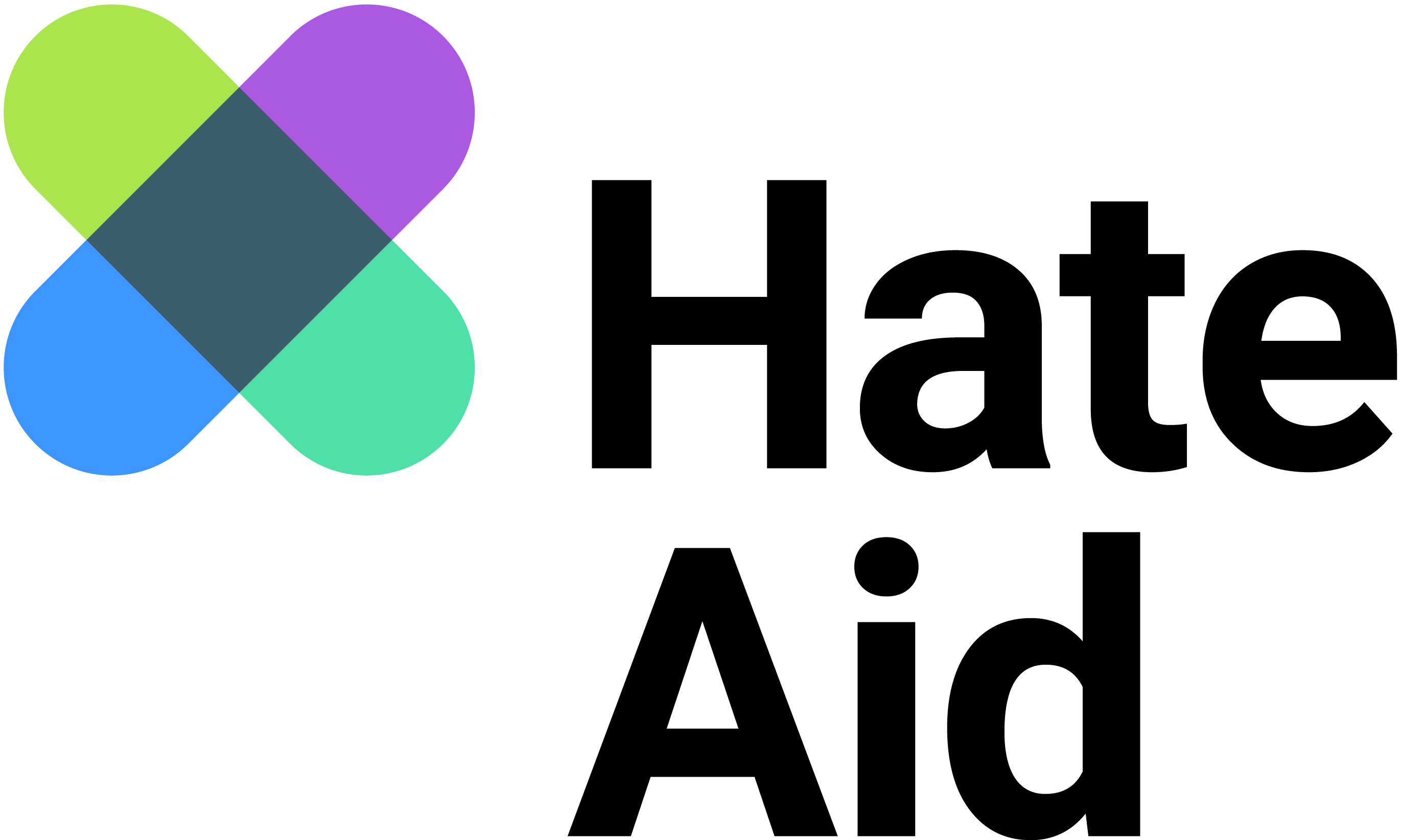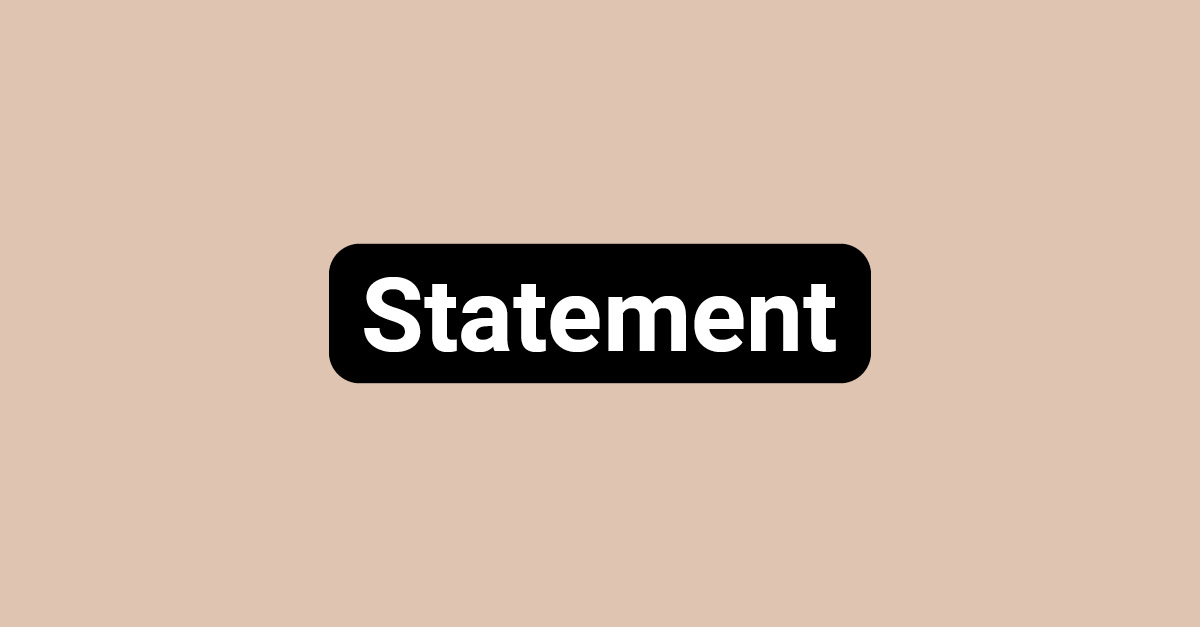Porn platforms must be designated as Very Large Online Platforms
Getting the DSA right
To the EU Directorate-General for Communications Networks, Content and Technology
and
the Head of Unit “Digital Services and Platforms”, Mr. Prabhat Agarwal,
We, the undersigned 21 consultation centers, helplines, experts and survivors of image based sexual abuse, are writing to require the designation of platforms hosting pornographic content as Very Large Online Platforms (VLOPs) pursuant to Article 33 of the Digital Services Act (DSA).
Porn Platforms are the number one crime scene for image based sexual abuse in public. These platforms make it fairly easy for perpetrators to non-consensually share intimate images and videos. This type of sexual abuse may happen with real or manipulated material, as they require no verification of any kind.
At the same time the consequences for the victims are devastating. Oftentimes the material is found by friends, family (including children) or colleagues and can never be permanently removed as it can easily be re-uploaded on the same or other websites. Lifelong suffering from anxiety, depression or fear of being recognised in public is the result of image based sexual abuse and violence.
For this reason, Article 34 of the DSA identifies four main systemic risks. One of them being online gender violence.
Image based sexual abuse is one of the most dangerous gender-based risks on the internet. It has never been easier to disseminate this type of material or create and disseminate pornographic deepfakes even from strangers and has long been discovered by antifeminist groups as a tool to silence mainly women.
The case is similar with deep-fake pornography. This represents on itself a risk, especially as an estimated 96% of deepfakes are pornographic content, most of them non-consensual. These deepfakes are most often uploaded to porn platforms where the content can be spread freely and harm unmeasurably the women that are displayed.
Thus, not including porn platforms among the designated VLOPs would undermine the DSA’s attributions and the European Union’s commitment to improving gender equity online.
To us, it is therefore essential that online porn platforms are subject to the extensive due diligence obligations under the DSA, such as the risk assessment and independent audit provisions.
While women suffer the consequences of image based sexual abuse and violence, Porn Platforms have gloated about their number of users and their revenue that combined amounts to a multibillion-dollar industry.
According to the DSA, online platforms meeting the threshold of 45 million monthly active users in the EU should qualify as VLOPs. Monthly, the three of the biggest online porn platforms registered 21,5 billion visits a year globally. Moreover, based on Pornhub’s yearly report, France, Italy, Spain, Poland, The Netherlands, Sweden and Belgium found to be among the top 20 countries in 2022 to use porn platforms.
Based on all their data, we find it surprising and incomprehensible that none of the porn tech-giants has reached this threshold in the European Union.
Big porn platforms have presented as part of their reports, a reduced number of active monthly users that have allowed them to elude the designation as VLOPs until now. We believe these numbers are a misrepresentation of their monthly average users, making clear that they are intentionally trying to evade their responsibilities and follow their due diligence that would come from the designation. Risk assessments and mitigation being two of them.
We urge the European Commission to designate the major platforms hosting pornographic content as VLOPs pursuant to Article 33 of the Digital Services Act.
Thank you for your consideration. We remain at your disposal for any questions you may have.
Yours sincerely,
HateAid
Supported by
Organisations:
Anna Nackt
Coordination française pour le Lobby Européen des Femmes (CLEF)
DATAWO
Digital Dignity e.V.
European Women’s Lobby
Glitch
Justice Defense Fund
My Image My Choice, coalition of intimate image abuse survivors and advocates
#NãoPartilhes
OCHRÁŇ MA – PROTECT ME
Osez le féminisme!
#StopFisha, against cybersexism and gender-based cyberviolence
The End Violence Against Women Coalition
Experts and survivors:
Adriane Moen, Human trafficking Survivor Leader
Dr. Silvia Semenzin, University Complutense of Madrid
Inês Marinho, IBSA Survivor
Professor Clare McGlynn, Durham University, UK
Rachel-Flore Pardo, expert in cybercrime matters such as “revenge porn” and cyberbullying
Sophie Compton, Director and activist who tells women’s stories of injustice
Spring Cooper
HateAid gGmbH
The non-profit organisation HateAid was founded in 2018 and has its headquarters in Berlin. It advocates for human rights in the digital space and stands up against digital violence and its consequences at both social and political levels. HateAid provides concrete support to people affected by online violence in the form of counselling and litigation financing. Geschäftsführerinnen sind Anna-Lena von Hodenberg und Josephine Ballon.
Press contact: presse@hateaid.org, Tel. +49 (0)30 25208837



